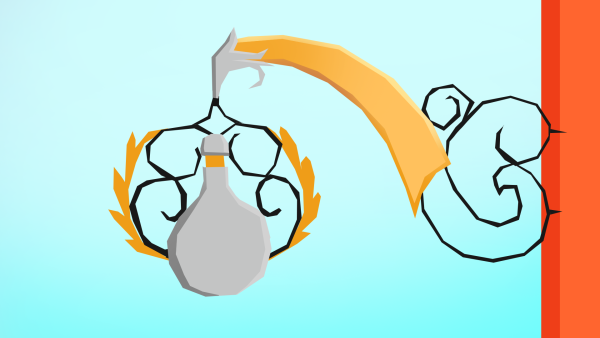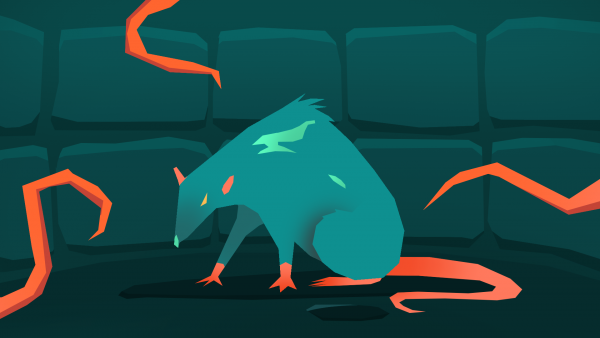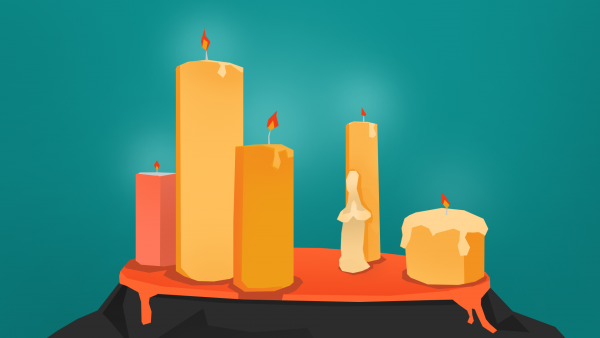Worldbuilding can help you forge out the details of your stories, whether written, drawn, or developed. But what exactly is worldbuilding and how can you start?
Worldbuilding is the process of creating fictional worlds. You can use these invented worlds as settings for stories. Most novels, comic books, games, and other creative projects, do have their worlds. Some are, of course, better than others.
A world can be as small as one house, such as the one The Haunting of Hill House, or as big as a whole galaxy, for example, Star Wars. When creating a world like this, you have to consider a lot of things, including geography, cultures, languages, flora, fauna. You might want to draw maps, as is common with many dungeon masters of tabletop games.
Methods of Worldbuilding
There are two main approaches to worldbuilding. The first one, the “outside-in” approach has you create the general world, its climate, geography, history, technology level, cultures, etc. After you figure out the general stuff, you move on, zoom to a smaller area, and fill that in. This approach does take a lot of time, but it does result in a consistent world.
The other method, “inside-out”, has you create one small area to great detail, such as a city, and then zoom out to develop the surroundings in less detail. This is considerably faster than the first approach; you can start writing a story from the area very soon after starting the world. On the other hand, it does often leave a world full of inconsistencies.
In my opinion, combining these two approaches is, while difficult, the best method of worldbuilding.
Why you should start worldbuilding
Are you thinking about writing a book? Developing a story-heavy game? Or maybe releasing a webcomic? In any of these cases, you need a world. If you don’t create one, you risk a story lacking details. The story does also often contain lots of inconsistencies if the author doesn’t have a world to place it in.
This is probably the main reason to worldbuild, but there are many other reasons. Perhaps one of the most important reasons? It’s fun.
You can also create a world out of boredom – because of the sheer amount of stuff do develop in a world, there’s very little chance you could be bored by worldbuilding.
Guidelines
Worldbuilding as a whole really doesn’t have rules. It’s your world, you can do anything you want. However, there are guidelines you can adhere to if you want – in most cases, doing so will make your world objectively better. But there are exceptions to all of these, so, once again, do not take these as rules.
With that being said, here are the top guidelines for worldbuilding I’ve put together.
- Magic should be limited – if everyone can shoot massive fireballs without any consequence to them, most worlds would burn down pretty quickly.
- The world should still feel real. It is fantasy (or sci-fi), but the people in the world still have to get food, they probably trade with each other, they worry about plagues, etc. It’s not all adventures and fighting dragons.
- Don’t over-use exposition. Most readers don’t care about reading a 10-page story about the world’s creation at the beginning of a book. You should sprinkle little details throughout the piece, letting the reader get to know the world slowly.
- The people of the world won’t be surprised by things that are common to them. If everyone can do magic, having a character gasping at the slightest sight of magic, or not knowing anything about it, is probably a bad idea (unless there’s a very specific reason for that character being like that; for example, the character being shut in one room for their whole lives).
- Magic should have clear rules. It’s generally considered bad worldbuilding to have magic that can do literally anything, or that is inconsistent.
- Draw inspiration from other works, but don’t forget to draw from more traditional sources, as well. Folklore and mythology can be great sources of inspiration.
- There is diversity, even in fantasy worlds. People are going to have different opinions, they can believe in different theories about magic and magical creatures, etc.
- If Gods are real, there are probably still going to be “unclear” religions – like in our world, there’s really no way to tell if certain religions are correct. Even if most people in your fantasy world believe in the Gods that can do provable miracles, others will still believe in their “made-up” religions.
- Try to avoid clichés, however, conventions are not bad. Having a heroic journey is not necessarily bad, having only Tolkien’s races in your world is (in most cases).
- Not everyone knows everything about the world they live in. Some, if not most people, won’t be able to spout exposition about your world’s advanced magic, its creatures, and geography, etc.
- Consider creating some animals, plants, coins, and other seemingly unimportant details, unique to your world. This makes the world feel more real.
- Whenever you decide to worldbuild a certain part of your world, do your research. Read up on worldbuilding guides, but also on real-life articles, testaments on Q&A websites like Quora, etc. Research pays off, as it helps you stay fairly realistic, believable, and consistent in your worldbuilding.
- When working on timelines of events for your world, ask “what would happen next”. Don’t try to include a cool thing just because it’s cool, and then try to fill out the inconsistencies by asking “what do I have to do to get to this cool point”.
- Share your progress! Whatever you do, be sure to post it somewhere on the internet (the best place for this is probably the r/Worldbuilding subreddit). This way, you can get important feedback and improve on the way. Plus, you can start building up your name in the community.
I’d suggest you keep these guidelines somewhere close by, because you’ll want to refer to them over and over again, during your long worldbuilding journey. For this reason, I’ve created a printable of all of them! You can sign up for my newsletter below, and you’ll receive the printable, as well as a ton of other exclusive resources, for free.
More reading
Of course, reading through these will not make you a great worldbuilder. You are going to have to read much, much more (and actually get out there and worldbuild). To start you on your journey, I’d like to give you some more amazing articles, guides, communities, and generally cool resources for worldbuilders!
RollForFantasy
RollForFantasy is one of my goto worldbuilding websites whenever I do research for an article like this. Emily, the website’s owner, has written a ton of amazing, detailed, and very readable guides on worldbuilding, writing, and DMing. She also has many tools that can be used for free if you’re worldbuilding and DMing for Dungeons and Dragons (or other tabletop roleplaying games).
r/Worldbuilding
The worldbuilding subreddit community counts almost half a million worldbuilders, and it’s probably the largest community for this topic on the internet. On there, you can find a lot of advice, worldbuilding prompts, and other people sharing their worlds. You can get a lot of inspiration and motivation from there, so be sure to check it out.
If you’re just starting with worldbuilding, I would recommend answering a few of the prompts on the subreddit, as they will get you to think about your world from different angles.
My Articles
On this blog, I have written a few articles that can help you with your worldbuilding, and I try to expand on that collection by writing new and new blog posts and guides. I would recommend checking out the Creating Cultures guide to kickstart your cultures, as well as the Creating Magic Systems article, to achieve consistency and believability for the magic in your fantasy worlds.


